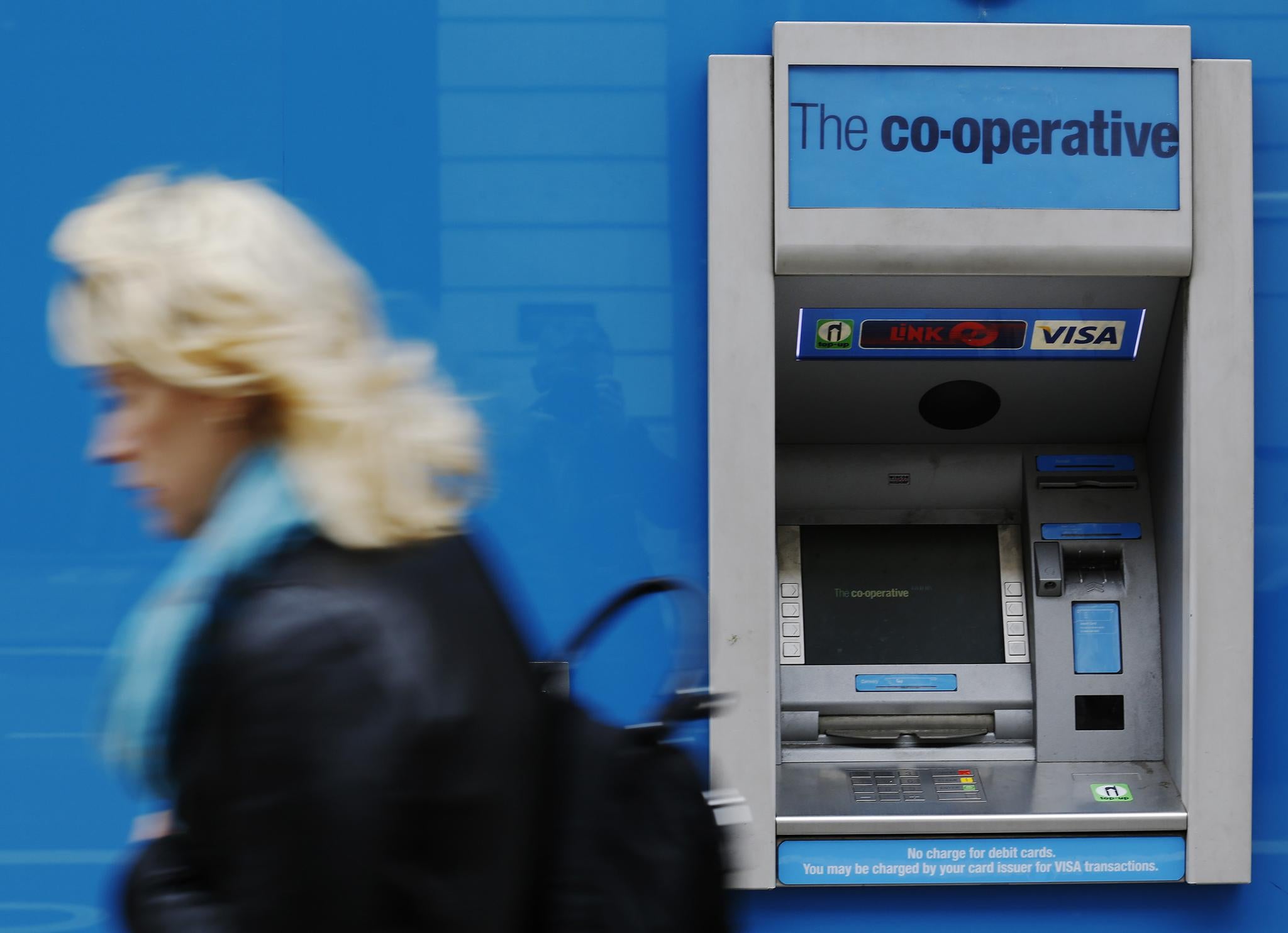Co-op Bank's restructuring plan passes EGM but what next?
Does this mean the reforms ushered in after the financial crisis can be declared a success, and can the bank now re-establish itself?

The Co-operative Bank cleared has cleared one of the last remaining hurdles in its latest attempt to get back on its feet. In reality, the result of the EGM to approve its £700m recapitalisation (it achieved 96 per cent support) was never really in doubt. Such votes aren’t held in the City if there’s a chance that they will be lost.
The question now is whether the bank will now be able to move on from here and successfully re-establish itself as a small, but still viable, niche player able to hold its own in a competitive market.
There is also a second, perhaps even more important, debate to be had over what its recapitalisation without recourse to state funds means when it comes to the regulatory reform ushered in after the financial crisis.
The answer to the first is that it will be tough. Even with the new funds, the going report reads “heavy”.
The cack-handed and extreme approach to Brexit taken by the Government is starting to kick the UK economy on which this bank is dependent, and it’s going to get a lot worse before it gets better.
There has been some debate about an interest rate rise recently, but even if it happens, it may be some time before base rates are at a level where retail banks have some flexibility over the margin between what they pay to depositors and what they charge lenders.
The institution’s losses narrowed in the first half of the year, it’s true, but its deposits fell by £1.5bn and current accounts declined by 25,000. Worries about the bank’s future that will have prompted a lot of the departures should be eased by the vote, but those figures do not make for happy reading.
On the plus side this remains the UK’s only committed ethical bank. The bung being offered to current account switchers that includes a £25 donation to Centrepoint, the charity that helps homeless young people, is a nod to that.
There ought to be opportunities out there for a bank that does things differently. The fact that it has managed to keep a hold of the Co-operative name, even though the Co-operative Group’s stake in the business is now tiny with hedge funds making up the majority of its investors, won’t hurt when it comes to marketing and branding.
Co-operatives UK has given its blessing to this, saying its the commitment to the Co-operative values of the institution that counts, rather than its ownership.
There are a lot of people who aren’t entirely happy about that. Hedge funds, after all, aren’t exactly renowned for their commitment to co-operative values.
But it might be worth remembering that it is rather debatable as as to whether the bank, and the Co-operative Group, lived up to them when it was wholly owned by the latter.
Really, it’s all a bit messy but if the arrangement helps the bank to recover, then it will be worth it.
Which brings us to neatly to the second question. The approval of the recapitalisation by investors comes just a few weeks before the 10-year anniversary of Northern Rock knocking on the Bank of England’s door in search of support.
That bank was subsequently nationalised, in what was the first of a series of rescues during the financial crisis.
Never again, was the cry that followed. Taxpayers cash must not be used to bail out banks as a result of the bad decisions of bankers.
There are some who would point to a Co-op Bank rescued by private funds as evidence that a better way has been found, and that the post crisis regulatory reforms have worked.
They should hold their horses. This is a relatively small lender, with an unusually sticky customer base, and even then it was touch-and-go at points along the way. For the recapitalisaiton to be cited as evidence of the reforms' success, the Co-op Bank will also need to successfully answer question one.
Its troubles have served as a useful testing ground for the Bank of England’s watchdogs. But we’ll only really know if the shake up has worked if the system copes with the wobbles of a rather bigger player.
It would be best, of course, if it prevented such an event from happening. But given the economic disruption the UK faces, it would be unwise to rule out the possibility.
Join our commenting forum
Join thought-provoking conversations, follow other Independent readers and see their replies
Comments
Bookmark popover
Removed from bookmarks